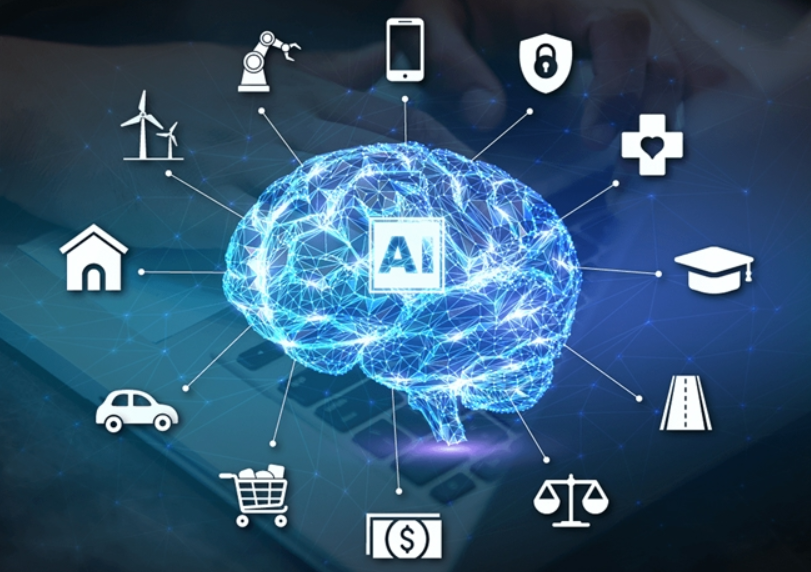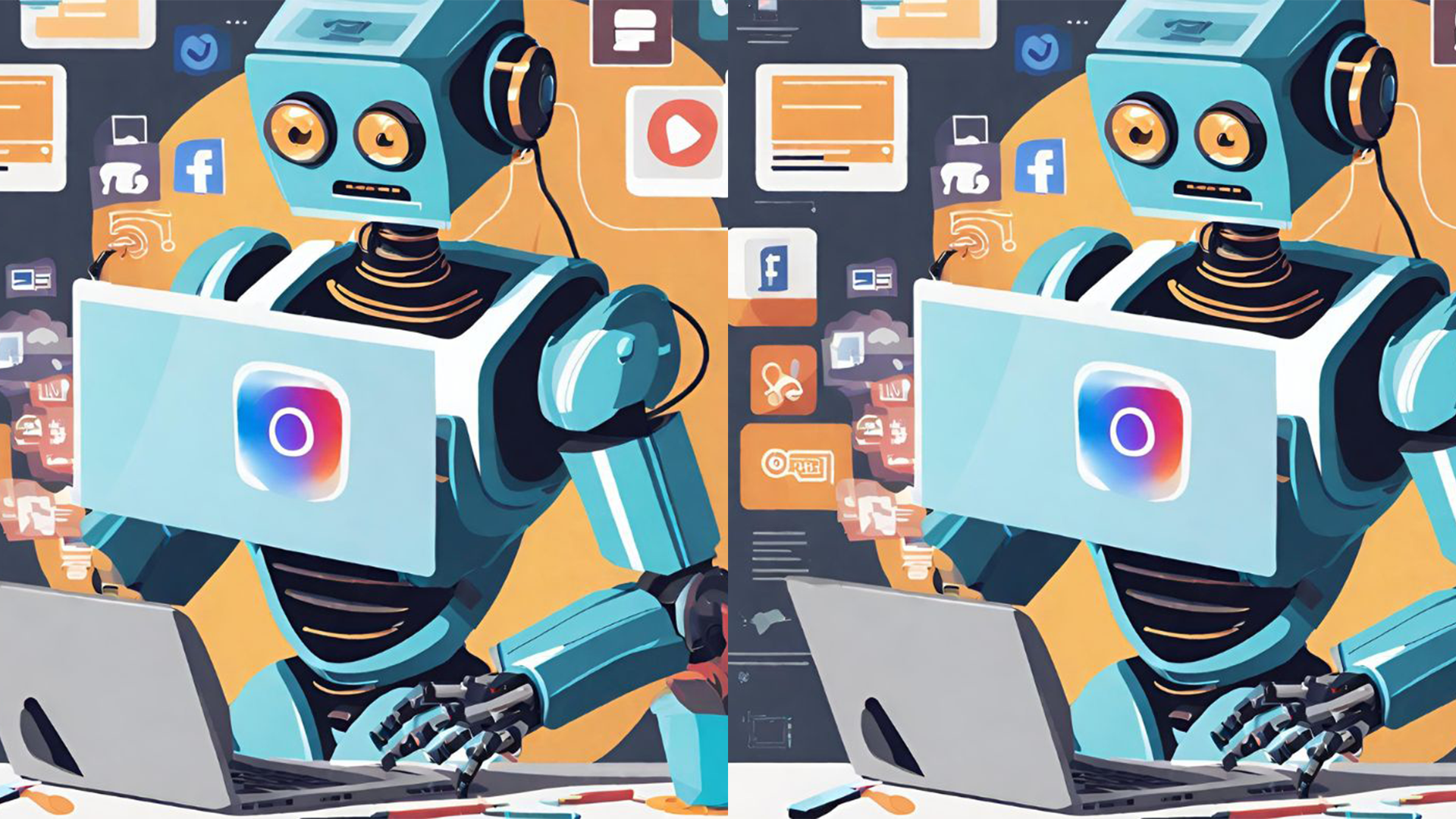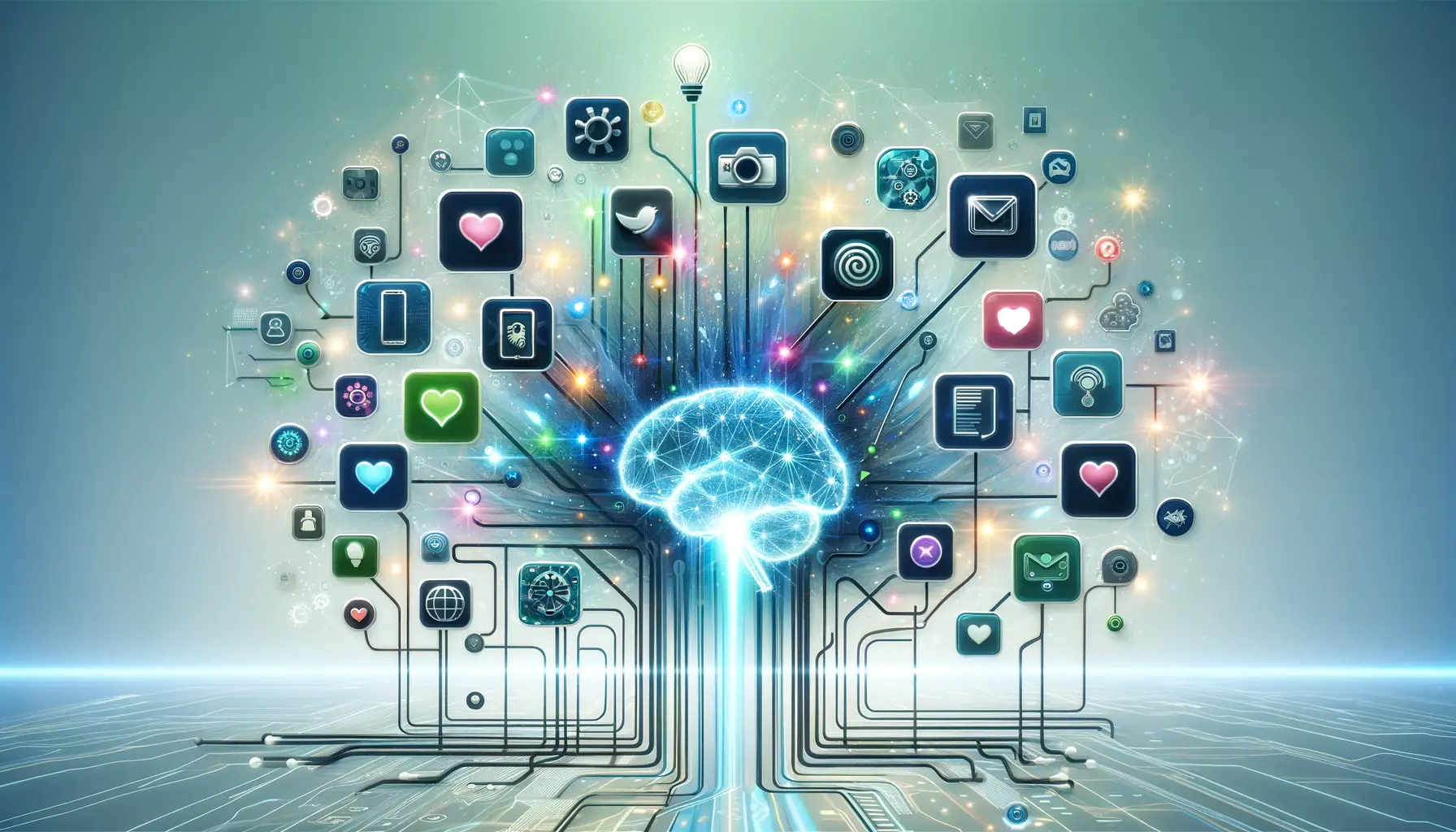Artificial Intelligence (AI) is advancing rapidly, creating exciting possibilities across industries. At the same time, it opens up unique opportunities to shape ethical practices that can guide the responsible development and use of AI technologies.
What Are Opportunities in AI and Ethics?
Opportunities in AI and ethics refer to the potential areas where ethical thinking can be applied to improve how AI is developed, deployed, and governed. These opportunities allow businesses, researchers, and policymakers to create AI systems that are not only innovative but also fair, transparent, and aligned with human values.
How AI and Ethics Can Work Together
Ethics can be embedded in AI systems from the design phase. By combining technical development with ethical principles, organizations can create solutions that respect privacy, promote fairness, and protect individual rights. This approach helps to build trust and acceptance among users.
Key Ethical Opportunities in AI
Fairness and Inclusion: There is a growing opportunity to design AI systems that reduce bias and ensure equal treatment for all users, regardless of gender, race, or background.
Transparency and Explainability: Developing AI models that can clearly explain their decisions will help users understand and trust AI-driven outcomes.
Privacy Protection: AI can be designed to respect user privacy by using methods like data anonymization, secure data sharing, and privacy-preserving algorithms.
Human-Centric AI: Building systems that prioritize human well-being and support human decision-making creates a more balanced relationship between people and technology.
Ethical AI Governance: Organizations can establish ethical review boards and clear accountability structures to ensure AI is used responsibly throughout its lifecycle.
Benefits of Ethical AI
Ethical AI helps build public trust, improves the accuracy and fairness of AI systems, encourages social acceptance, and can lead to more sustainable and long-term adoption of AI technologies.
Challenges to Address
There is still a need for global standards and consistent guidelines for ethical AI. Implementing fairness and transparency can be technically complex and requires continuous effort from both developers and regulators.
Conclusion
The intersection of AI and ethics presents valuable opportunities to create technology that benefits everyone. By embracing these opportunities, organizations can lead the way in building AI systems that are not only powerful but also trustworthy, inclusive, and aligned with the greater good.







Leave feedback about this